The proxy war in Ukraine is heading to a denouement with the US and Russia dividing the spoils while the European powers stand bewildered by events they have been wilfully blind to, says KEVIN OVENDEN
Healthcare workers must oppose ‘divide and rule’ with other unions
It boggles the mind that those Tories responsible for our low pay would try and use it as a stick with which to beat the RMT and its demand for better wages — NHS staff must stand in solidarity with all striking workers, writes IAIN MOONEY
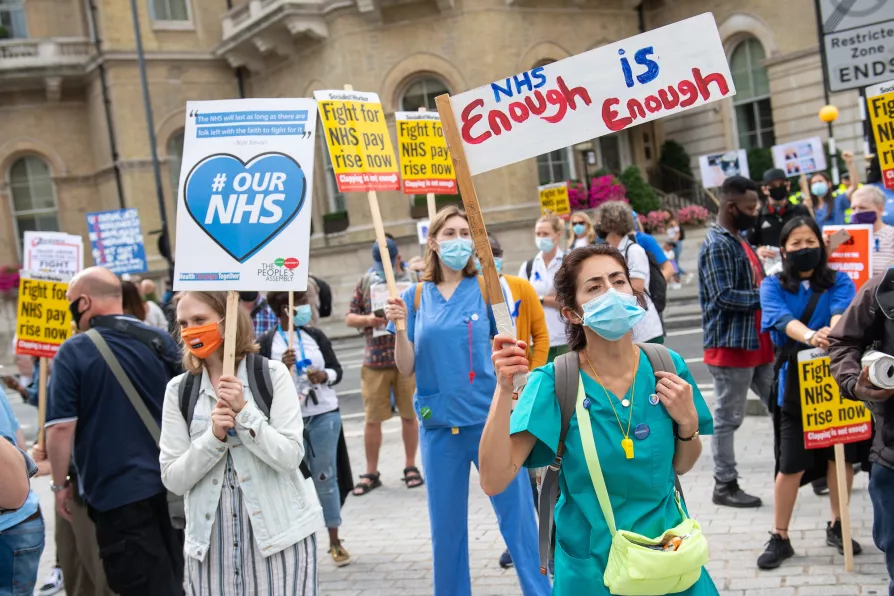
IT IS possibly one of the oldest tactics in the book — and yet again we see it being unleashed to divide public service workers and the public during the current fightback against the cost-of-living crisis.
I have been a front-line NHS nurse for 10 years, and during this time I have seen the government and those running organisations within our NHS successfully divide workers and stifle trade union organisation.
We’ve seen top Tories paraded before TV cameras during the latest wave of strike action by the RMT using examples of nurses and other public-sector workers to try and paint a narrative that rail workers are causing detriment to other front-line services.
More from this author
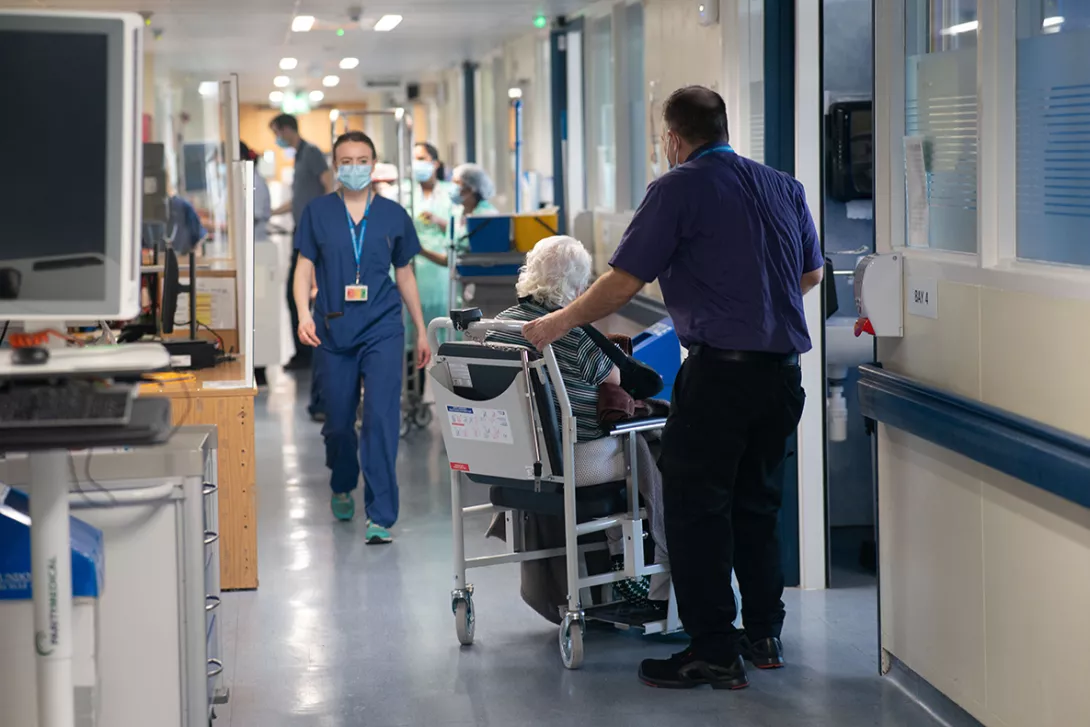
Labour promised change but delivers the same tired formula while private firms pocket millions and staff exodus continues — now workers must lead the fightback through their unions, writes IAIN MOONEY
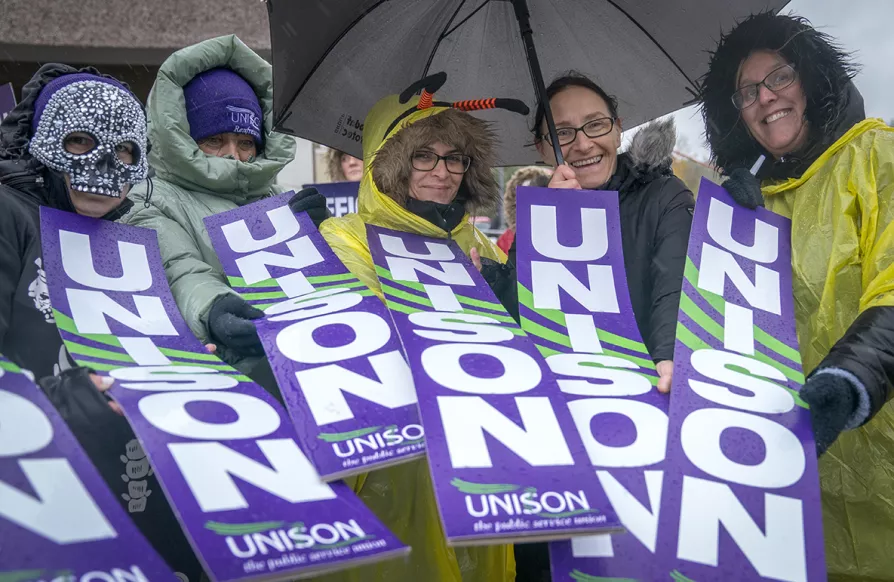
IAIN MOONEY reports on Unison members’ reaction to government proposals to put nursing staff in different pay categories

Health workers are becoming unwell, being refused testing and are dying due to deliberate decisions by our government. We must never forget this, says nurse and Labour councillor IAIN MOONEY
Similar stories

Labour promised change but delivers the same tired formula while private firms pocket millions and staff exodus continues — now workers must lead the fightback through their unions, writes IAIN MOONEY
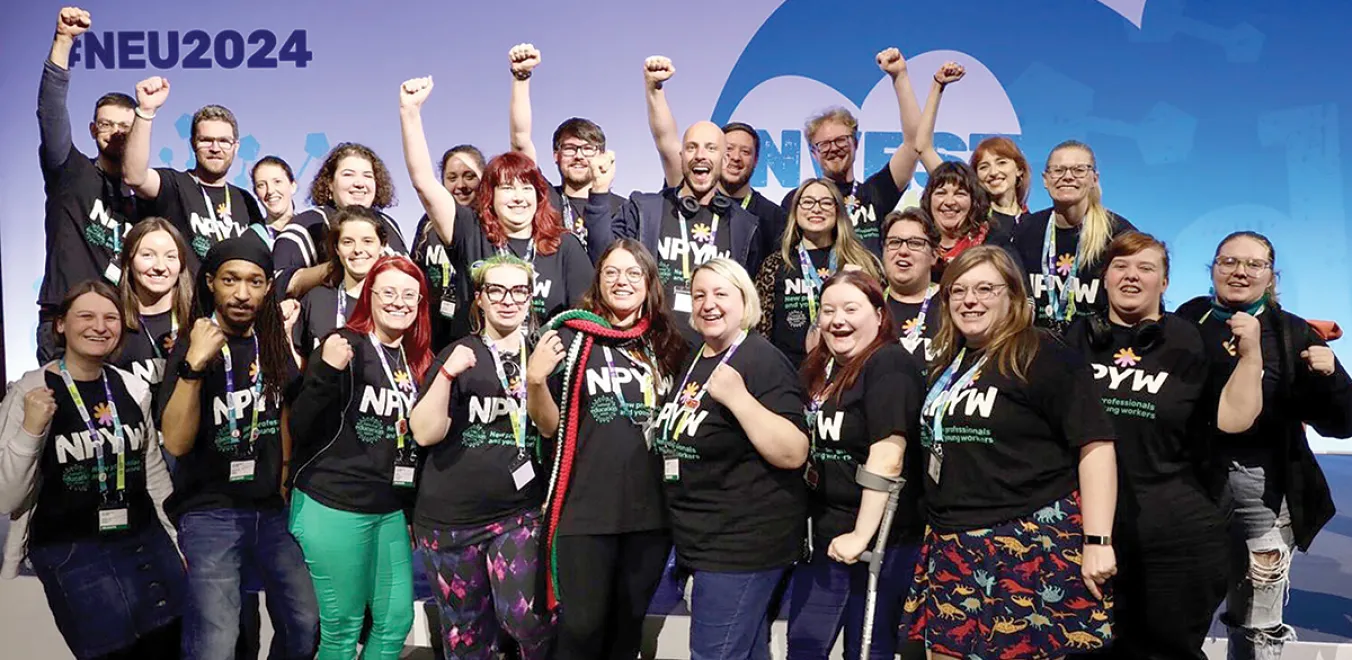
SOPHIE HOUGHTON explains why young workers are organising and winning in the workplace
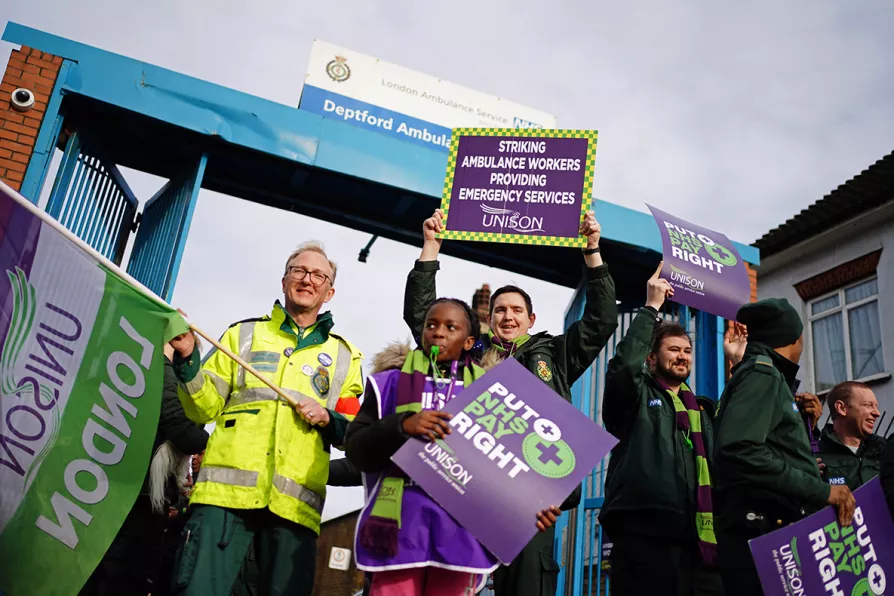
As a member-led union, Unison must put pressure on Labour as the likely party of the next government to defend our health service as a vital public service, says IAIN MOONEY

IAIN MOONEY reports on Unison members’ reaction to government proposals to put nursing staff in different pay categories









